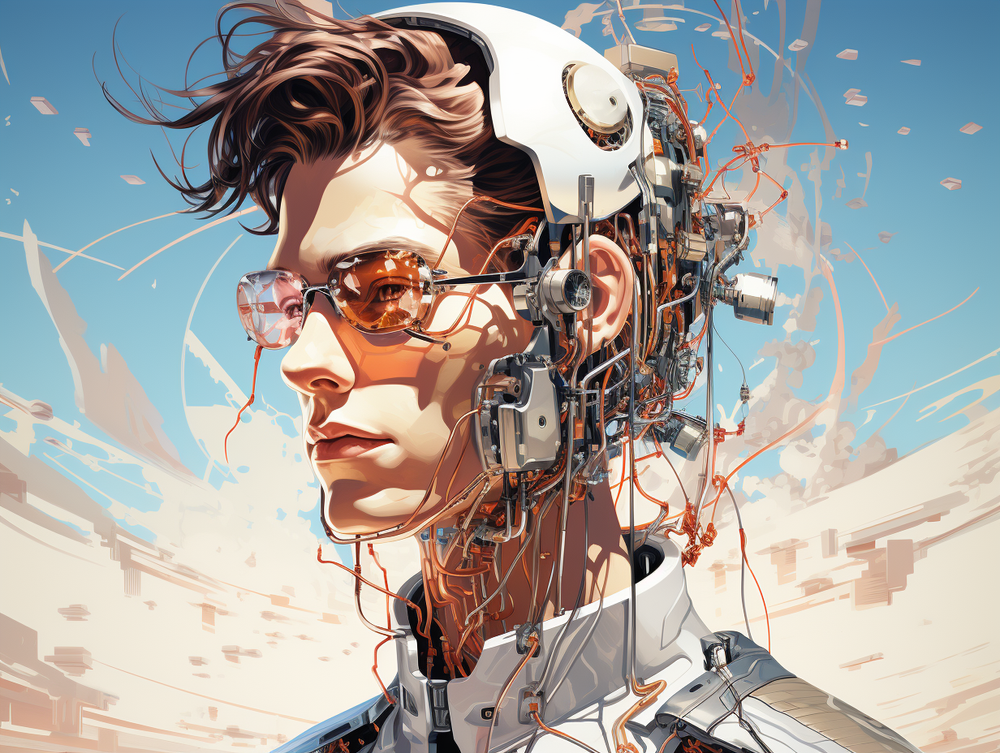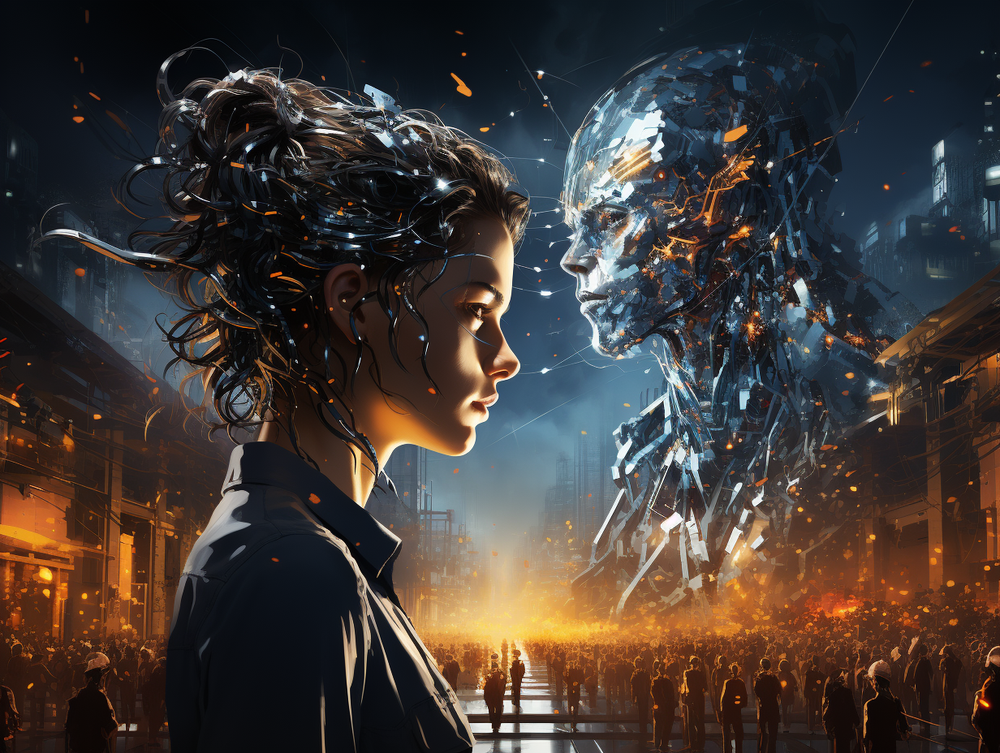The Impact of Artificial Intelligence on Everyday Life: A Deep Dive into Smart Homes Healthcare and Education

Artificial Intelligence (AI) is no longer a concept confined to science fiction or high-tech laboratories. It has become a pervasive part of our everyday life, influencing everything from the way we communicate to how we work, learn, and even maintain our health. This article will explore the transformative impact of AI on various aspects of everyday life, focusing on its applications in smart home technology, healthcare, and education.
The Impact of AI on Smart Home Technology
Artificial Intelligence (AI) has significantly transformed the concept of a 'smart home' from a futuristic idea to a present-day reality. Today, AI-powered devices and systems have become common fixtures in many homes, offering unprecedented levels of convenience, efficiency, and security. The integration of AI into our homes is a clear demonstration of how this advanced technology is becoming an integral part of our everyday lives.
AI in smart home technology ranges from voice-activated assistants like Amazon's Alexa or Google Home, to more complex systems like smart thermostats and security systems. These devices use AI to learn from our habits and preferences, automating routine tasks and making our homes more comfortable and efficient. For example, a smart thermostat can learn your schedule and adjust the temperature accordingly, saving energy and reducing your utility bills.
However, as we continue to integrate AI into our homes, it's important to consider the potential challenges and implications. These include privacy concerns, as these devices often require access to personal data to function effectively, and security risks, as any device connected to the internet can potentially be hacked. Despite these challenges, the potential benefits of AI in smart home technology are immense, and as we continue to develop and implement this technology, we can expect our homes to become even smarter and more connected.

The Impact of AI in Healthcare
Artificial Intelligence (AI) is revolutionizing the healthcare sector, making it a key player in our everyday lives. It's being utilized to enhance patient care, streamline medical procedures, and expedite research. AI-powered tools are now capable of analyzing vast amounts of data to identify patterns that humans might miss. This ability is transforming diagnostics and treatment plans, leading to more accurate diagnoses and personalized care.
AI is also playing a significant role in medical research. It's being used to speed up the drug discovery process, analyze the effectiveness of different treatments, and predict disease outbreaks. This is not only saving valuable time but also potentially saving lives by enabling quicker responses to health crises.
However, the integration of AI in healthcare also brings challenges. These include ensuring the privacy and security of patient data, addressing potential biases in AI algorithms, and managing the ethical implications of AI decision-making in healthcare. As we continue to harness the power of AI in healthcare, it's crucial that we navigate these challenges responsibly to ensure the benefits of this powerful technology are realized while minimizing potential risks.
The Impact of AI in Education
Artificial Intelligence (AI) is making significant strides in the field of education, transforming the way we teach and learn. It's not just about automating administrative tasks or grading systems, but it's also about personalizing the learning experience for each student. AI-powered platforms can adapt to a student's unique learning style, pace, and level of understanding, providing customized content and resources that cater to their specific needs. This level of personalization can enhance the learning process, making it more engaging and effective.
Moreover, AI can provide educators with valuable insights into a student's progress and potential learning gaps. By analyzing a student's interaction with the AI-powered platform, these systems can identify patterns and trends in the student's learning behavior. This data can then be used to predict future learning outcomes, enabling educators to intervene proactively and provide additional support where needed.
In addition to personalizing learning and providing predictive analytics, AI is also revolutionizing the way educational content is delivered. With AI, we can create interactive and immersive learning experiences, such as virtual reality simulations or AI-powered educational games. These innovative learning tools can make learning more engaging and fun, fostering a love for learning among students.
In conclusion, the impact of AI in education is profound and transformative. It's not just about automating tasks or improving efficiency, but it's about enhancing the learning experience for both students and educators. As we continue to harness the power of AI in education, we can look forward to a future where learning is more personalized, predictive, and immersive.
Embracing the Future: The Transformative Power of AI
The impact of AI on our everyday lives is profound and far-reaching. From making our homes smarter and more secure to revolutionizing healthcare and education, AI is changing the way we live, work, and learn. As AI technology continues to advance, we can expect it to become even more integrated into our daily lives, offering new levels of convenience, efficiency, and personalization.
However, as we embrace these advancements, it's also crucial to consider the ethical implications of AI, including issues related to privacy, security, and the potential for job displacement. As we continue to navigate this new frontier, it's clear that the future of AI is not just about technological innovation, but also about how we manage these innovations to ensure they benefit society as a whole.
In conclusion, AI is more than just a technological innovation. It's a tool that, when used responsibly, has the potential to significantly improve our everyday lives. From smart home technology to healthcare and education, AI is not just changing our world - it's changing us. As we continue to explore and harness the power of AI, we can look forward to a future that's not only smarter, but also more connected, efficient, and personalized. This is the impact of artificial intelligence on everyday life.

Comments
Post a Comment